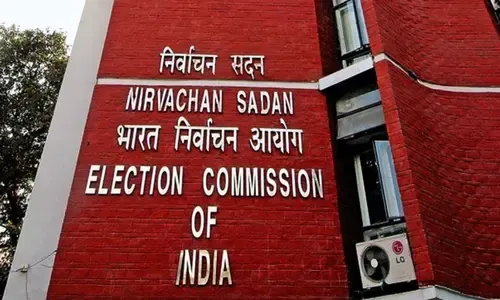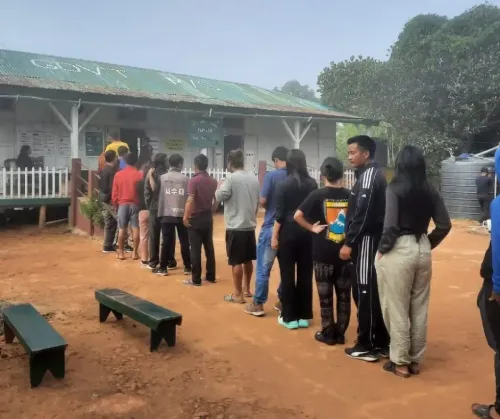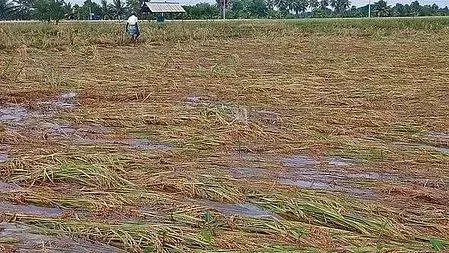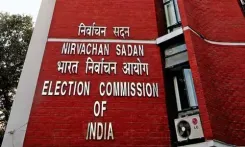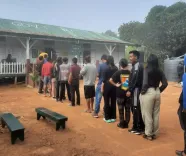Will Madhya Pradesh's new road project transform remote areas?
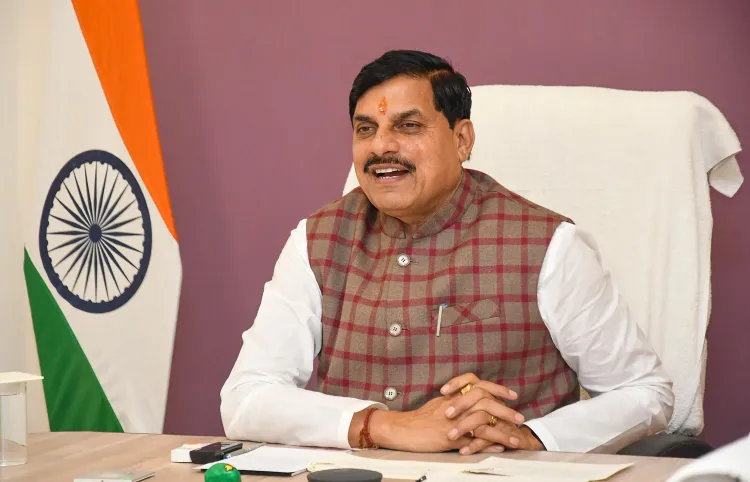
Synopsis
Key Takeaways
- Mukhyamantri Majra-Tola Sadak Yojana aims to improve road connectivity for tribal communities.
- A budget of Rs 26,000 crore has been allocated.
- Construction of 30,900 km of roads planned in two phases.
- Priority given to areas lacking road access within 50 meters.
- Expected to enhance socio-economic conditions.
Bhopal, June 10 (NationPress) The government of Madhya Pradesh has initiated the Mukhyamantri Majra-Tola Sadak Yojana, a comprehensive infrastructure project aimed at enhancing road connectivity for tribal populations in remote rural regions.
On Tuesday, the state Cabinet, led by Chief Minister Mohan Yadav, greenlit this ambitious initiative, allocating a budget of Rs 26,000 crore for its execution.
This project plans to construct 30,900 km of roads, divided into two phases. The first phase will take place from 2025-26 to 2029-30, while the second phase is scheduled from 2030-31 to 2034-35.
Kailash Vijayvargiya, the Minister of Urban Development and Housing, highlighted that the scheme aims to connect isolated Majra-Tolas with the main road network, enhancing accessibility for tribal communities.
The initiative was proposed by Prahlad Patel, the Minister of Panchayat and Rural Development, and received Cabinet approval.
Chief Minister Dr. Mohan Yadav has directed ministers to identify Majra-Tolas within their constituencies to streamline road construction planning and execution.
The Madhya Pradesh Rural Road Development Authority will supervise the implementation, focusing on areas that currently lack road access within 50 meters.
The goal is to connect 20,600 habitations, with criteria that require at least 20 houses and a population exceeding 100.
The selection process will involve local MPs, MLAs, and district officials to ensure priority is given to the most underserved areas.
In addition to improving connectivity, the scheme is expected to have a substantial socio-economic effect, enhancing mobility and providing better access to healthcare, education, and job opportunities for residents.
This initiative also aligns with the state's broader goals of fostering rural development and economic stability.
The Cabinet additionally approved a complete exemption on mandi fees for imported tur dal, aimed at stabilizing market prices and promoting agricultural trade.
Moreover, the government has greenlit the construction of working women’s hostels in Jhabua, Singrauli, Dewas, and Narmadapuram, ensuring safe and affordable accommodation for working women.

